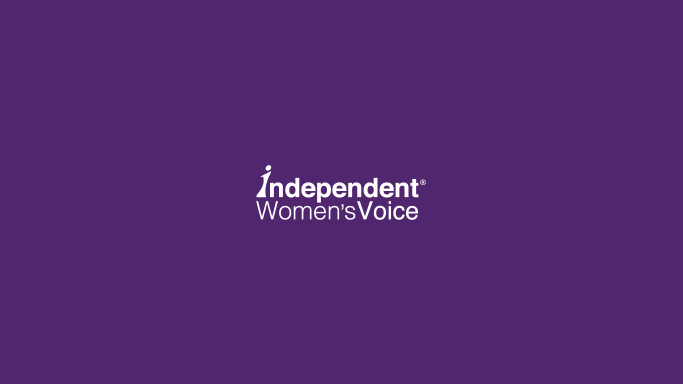Karl Rove always has an interesting perspective on politics and election, and while the GOP has little to cheer about in the recent election results, Rove’s analysis in the today’s Wall Street Journal of the voting trends provide a bit of comfort for those concerned about the party’s future:
In a sign Mr. Obama’s victory may have been more personal than partisan or philosophical, Democrats picked up just 10 state senate seats (out of 1,971) and 94 state house seats (out of 5,411). By comparison, when Ronald Reagan beat Jimmy Carter in 1980, Republicans picked up 112 state senate seats (out of 1,981) and 190 state house seats (out of 5,501).
In the states this year, five chambers shifted from Republican to Democrats, while four shifted from either tied or Democratic control to Republican control. In the South, Mr. Obama had “reverse coattails.” Republicans gained legislative seats across the region. In Tennessee both the house and senate now have GOP majorities for the first time since the Civil War.
This matters because the 2010 Census could allocate as many as four additional congressional districts to Texas, two each to Arizona and Florida, and one district to each of a number of (mostly) red-leaning states, while subtracting seats from (mostly) blue-leaning states like Michigan, New York, Ohio and Pennsylvania and, for the first time, California. Redistricting and reapportionment could help tilt the playing field back to the GOP in Congress and the race for the White House by moving seven House seats (and electoral votes) from mostly blue to mostly red states.
His analysis also highlights a bit of how some of the media’s rhetoric about this election has been overblown. Yes, there was an increase in the number of voters, but as Rove explains: “ the predicted huge turnout surge didn’t happen. The final tally is likely to show that fewer than 128.5 million people voted. That’s up marginally from 122 million in 2004. But 17 million more people voted in 2004 than in 2000 (three times the change from 2004 to 2008).”
Conservativism isn’t on its deathbed. If articulate, compelling leaders emerge to make the case for why limited government will be better for the country, the current liberal tide can be reversed.

